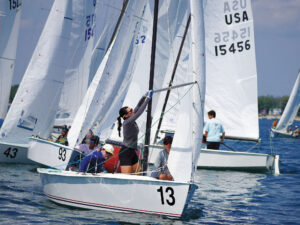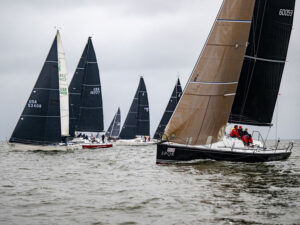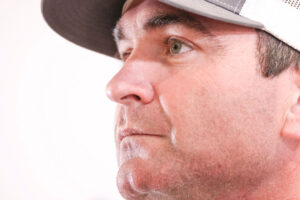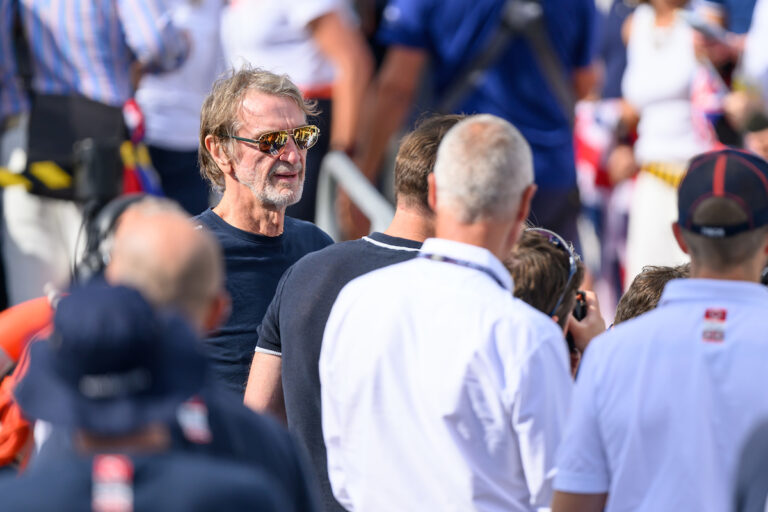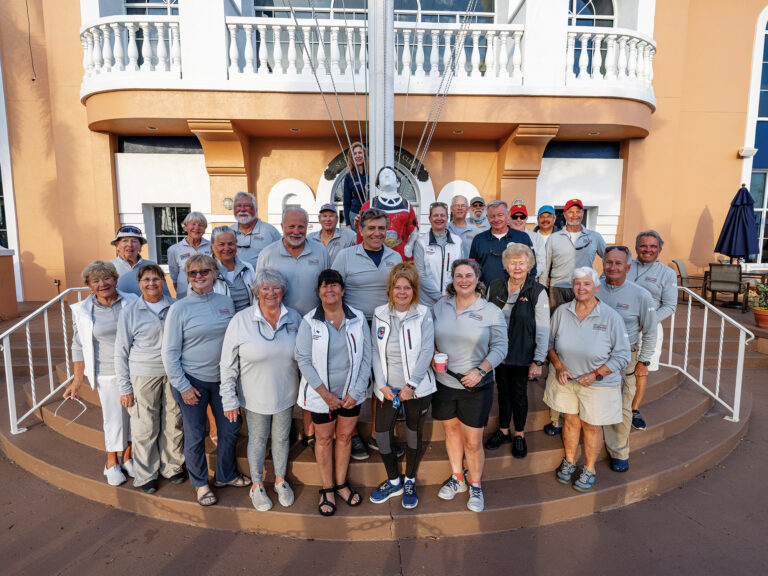Shorthanded ocean racing has a split personality. In most places around North America, the shorthanders are the eccentrics placed at the bottom of the scratch sheet, where we question the sanity of those willing to sail a J/120 or Express 37 doublehanded. In Europe, however, the shorthanded sailors are the sport’s biggest rock stars. A once French world, dominated by the likes of Franck Cammas, Roland Jourdain, and the Peyrons has recently grown to include Brits like Mike Golding and Ellen MacArthur, as well as Spaniards like Iker Martinez and Xabi Fernandez. Sailing academies are opening all over Europe to cater to the next generation of shorthanded stars from places like Germany and Ireland. Americans, however, are practically nonexistent from professional shorthanded sailing, save for one.
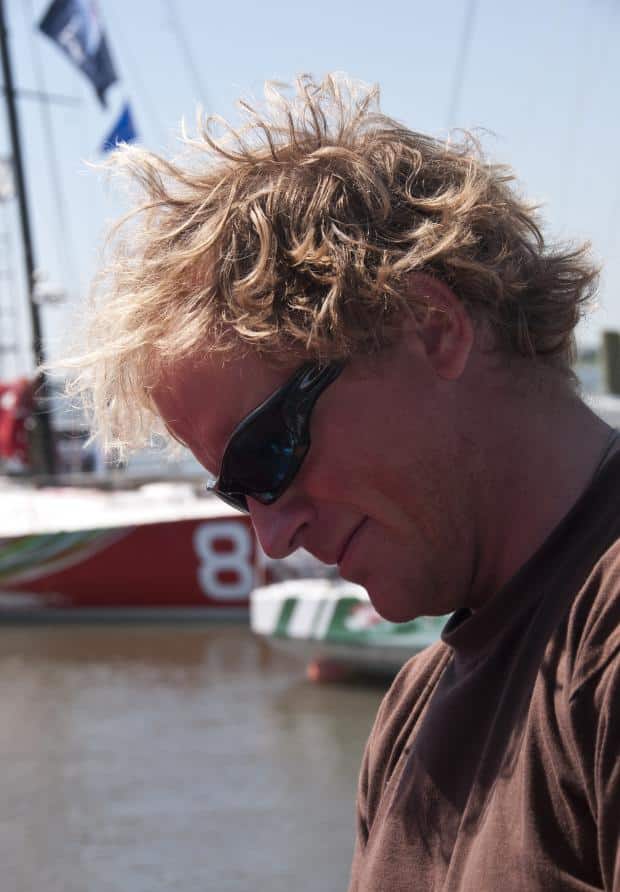
Ryan Breymaier (right) grew up in Maryland with a passion for lacrosse, not sailing. His life took a dramatic turn at St. Mary’s College of Md. From that point on, he was captivated by sailing and determined to make his passion a career. Realizing that sailing talent alone wasn’t going to be enough, Ryan worked with Atlantic Spars in Annapolis, Md., after college to learn the rigging business. After a few years, Ryan took these skills to Europe where he got his big break as a rigger and shore team member for Roland Jourdain’s amazingly successful Veolia IMOCA 60 campaign. Years of hard work on shore and thousands of delivery miles later, Ryan was given the opportunity to race Jourdain’s old IMOCA 60, re-christened as Neutrogen_a, in the 2010 Barcelona World Race, a doublehanded nonstop race around the globe. Teamed up with Boris Herrmann, the rookie team placed a respectable fifth place, beating many established Open 60 teams racing brand new boats. Now Ryan is returning home to take on the Atlantic Cup, racing with co-skipper Jörg Riechers on the state of the art Class 40 _Mare.
Jörg’s resume is every bit as stellar as Ryan’s. The Mare sailing team began in 2008, the brainchild of Nikolaus Gelpke, to enable talented German sailors to compete in major shorthanded sailing events. Success came quickly. Mare.de was the first non-French boat to win major Class Mini Races in France. In 2010 Jörg not only won two major races, he was also the top scoring skipper in the Mini Rankings. In the same year Mare was also preparing a chartered Class 40 (Mare.de² for the Route du Rhum, a singlehanded race from St. Malo to Guadeloupe) where Jörg finished sixth out of 44 competitors. Inspired by this success, the team commissioned a new Mach 40 Class 40 for the 2012 season. In his first major event with the new boat, the doublehanded La Solidaire du Chocolat, Jörg and co-skipper Marc Lepesqueux dominated the event, beating the second-place Class 40 by nearly 6 hours after a challenging Transatlantic crossing. When circumstances forced Marc to withdraw from the Atlantic Cup, Jörg called Ryan to join him. “In 2009 at the start of the TJV, Jörg came to discuss future projects with the team I was working with,” says Ryan. “We discovered we had the same objectives and stayed in touch ever since. This will be the first time we get to race together.”
The formidable duo is widely considered to be the favorites in this year’s Atlantic Cup, and I am fortunate enough to be able to join them as a media crewmember. As the first major Class 40 event in America, the Atlantic Cup hopes to capture the excitement found in major European offshore races, while allowing American sailors to race against some of the best shorthanded teams in the world. Of the 15 teams entered, five of them are American. This is an unprecedented opportunity for us racing sailors to peer behind the curtain of professional shorthanded sailing. Triumphs, tribulations, joys and defeats will be broadcast for the entire world to see starting Friday at 6pm EDT. Come join us on the adventure!

